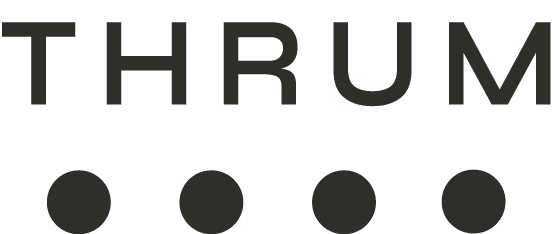Why HR Leaders Are Moving Beyond Prompt Engineering to Strategic AI Transformation

The rapid decline of prompt engineering as a must-have skill reveals how quickly the AI landscape is shifting for HR professionals. What seemed like the future of workplace training just 18 months ago has already become obsolete, forcing organizations to rethink their entire approach to AI readiness.
According to David Borowski, senior partner at consulting firm West Monroe, HR departments are pivoting from teaching employees to write AI prompts to developing broader workforce transformation strategies. "Now it's nowhere," Borowski observes about prompt engineering, noting how quickly AI systems have evolved to understand natural language without requiring technical prompt crafting skills.
The Post-Prompt Age: What HR Should Focus on Instead
Instead of training prompt specialists, Borowski says HR leaders have entered the "post-prompt age" where success depends on organizational adaptability. Companies now need to ask fundamental questions about workforce design: "What type of talent is best suited to do the work?"
Key strategic shifts include:
- Building organization-wide AI adaptability rather than siloing skills in IT departments
- Restructuring HR-IT collaboration because "AI behaves like people" and requires integrated workforce planning
- Focusing on human augmentation instead of replacement, particularly protecting entry-level roles that feed the leadership pipeline
Breaking Down Traditional Barriers
Forward-thinking organizations are breaking down departmental silos, with Borowski recommending "tighter integration between IT and HR." Rather than bolt-on AI training, he suggests HR leaders should ask employees: "How have you applied it, what have you learned?" This approach emphasizes meaningful business outcomes over technical proficiency.
The hiring process also needs transformation. "Recruiters must be retrained," Borowski notes, because they need to identify candidates who demonstrate adaptability and results, not just technical AI skills. Companies should adopt "ride-along" learning that emphasizes hands-on application alongside formal training programs.
The Strategic Advantage
Organizations that succeed won't be those with the best technical AI skills, but those that can "most effectively transform their organizations to leverage AI strategically." As Borowski emphasizes, the real challenge is "how fast tech is accelerating and changing" – making organizational agility more valuable than any specific technical competency.
The answer to sustainable AI transformation isn't found in perfecting prompts, but in building adaptable people, processes, and organizational structures that can evolve with rapidly changing technology.
🔗 Read the full article on HR Executive
Stay in Rhythm
Subscribe for insights that resonate • from strategic leadership to AI-fueled growth. The kind of content that makes your work thrum.
More from Thrum
Additional pieces exploring adjacent ideas



